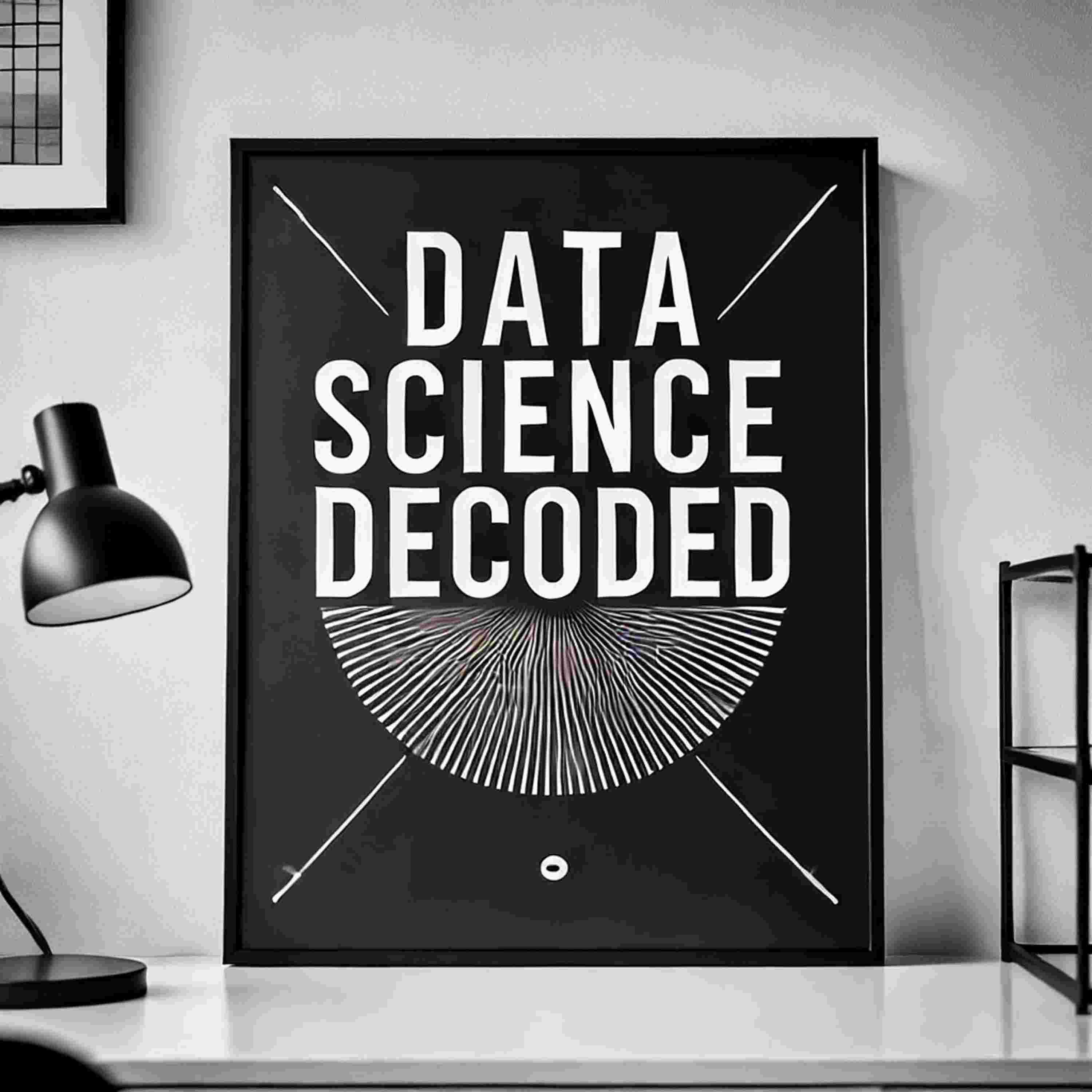

At the 24th episode we go over the paper titled: Dempster, Arthur P., Nan M. Laird, and Donald B. Rubin. "Maximum likelihood from incomplete data via the EM algorithm." Journal of the royal statistical society: series B (methodological) 39.1 (1977): 1-22. The Expectation-Maximization (EM) algorithm is an iterative method for finding Maximum Likelihood Estimates (MLEs) when data is incomplete or contains latent variables. It alternates between the E-step, where it computes the expected value of the missing data given current parameter estimates, and the M-step, where it maximizes the expected complete-data log-likelihood to update the parameters.
This process repeats until convergence, ensuring a monotonic increase in the likelihood function. EM is widely used in statistics and machine learning, especially in Gaussian Mixture Models (GMMs), hidden Markov models (HMMs), and missing data imputation.
Its ability to handle incomplete data makes it invaluable for problems in clustering, anomaly detection, and probabilistic modeling. The algorithm guarantees stable convergence, though it may reach local maxima, depending on initialization. In modern data science and AI, EM has had a profound impact, enabling unsupervised learning in natural language processing (NLP), computer vision, and speech recognition.
It serves as a foundation for probabilistic graphical models like Bayesian networks and Variational Inference, which power applications such as chatbots, recommendation systems, and deep generative models.
Its iterative nature has also inspired optimization techniques in deep learning, such as Expectation-Maximization inspired variational autoencoders (VAEs), demonstrating its ongoing influence in AI advancements.